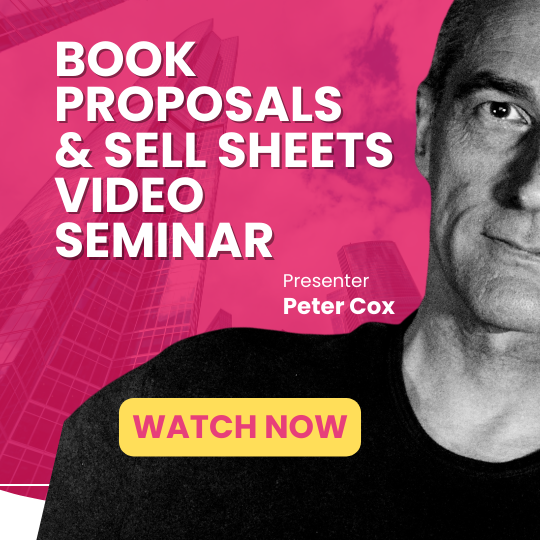I think I posted this TYM piece, but this particular analysis hit me between the eyes on 2nd reading. This is why so many stories and movies fail for me. And it is the other side of testing whether your idea is strong enough to carry a full novel. Does your reveal equal the mystery/question you created in your opening? Yes we do want to promise an enormous, delicious cookie in the blurb, and first pages-but if the cookie turns out just to be a cardboard facsimile of a cookie-readers are displeased. No return business.
"
First is that magnificent “why” the story plants in viewers from the very beginning. The question was a strong hook and kept me fully engaged in the story as I tried to puzzle out the answer.
But around midway through the film I realized the screenwriter wasn’t going to answer it…and my investment started to flag.
Writer/director’ Kristoffer Borgli’s intention doesn’t seem to have been to tell that story—of why this was happening. He was focusing on the effects of Cage’s appearance in others’ dreams and its impact on the character’s life, not on the phenomenon itself.
That’s valid. With some story premises, especially in magical realism, the reader or viewer doesn’t need to understand the mechanism by which the character has their journey; they just accept it with Coleridge’s “willing suspension of disbelief.”
But even if we don’t find out the empirical “why” to explain unexplained events, what makes a story effective and cohesive, in my view, is that those events at least tie into something directly related to the character arc.
We don’t need to know the exact physics of how all these people are dreaming about Cage, but we do want to know why it’s happening to thisprotagonist, and why now, and what it might mean relative to his character journey—and that was the promise I felt was left unfulfilled.
Every author should tell the story they envision—but effective, satisfying stories also deliver on the promises they make. To me this story felt as if a promise had been made at the beginning that was not only not delivered upon, but ignored. It left me disappointed and feeling let-down."

 foxprinteditorial.com
foxprinteditorial.com
"
First is that magnificent “why” the story plants in viewers from the very beginning. The question was a strong hook and kept me fully engaged in the story as I tried to puzzle out the answer.
But around midway through the film I realized the screenwriter wasn’t going to answer it…and my investment started to flag.
Writer/director’ Kristoffer Borgli’s intention doesn’t seem to have been to tell that story—of why this was happening. He was focusing on the effects of Cage’s appearance in others’ dreams and its impact on the character’s life, not on the phenomenon itself.
That’s valid. With some story premises, especially in magical realism, the reader or viewer doesn’t need to understand the mechanism by which the character has their journey; they just accept it with Coleridge’s “willing suspension of disbelief.”
But even if we don’t find out the empirical “why” to explain unexplained events, what makes a story effective and cohesive, in my view, is that those events at least tie into something directly related to the character arc.
We don’t need to know the exact physics of how all these people are dreaming about Cage, but we do want to know why it’s happening to thisprotagonist, and why now, and what it might mean relative to his character journey—and that was the promise I felt was left unfulfilled.
Every author should tell the story they envision—but effective, satisfying stories also deliver on the promises they make. To me this story felt as if a promise had been made at the beginning that was not only not delivered upon, but ignored. It left me disappointed and feeling let-down."

Analyzing What Makes Story Work (or Not)
Regular readers know that I tout the value of analyzing other storytellers’ work as the best way to improve your own. Let’s see what we can learn about storytelling based on why I felt this movie ultimately fell flat despite its many strengths.




